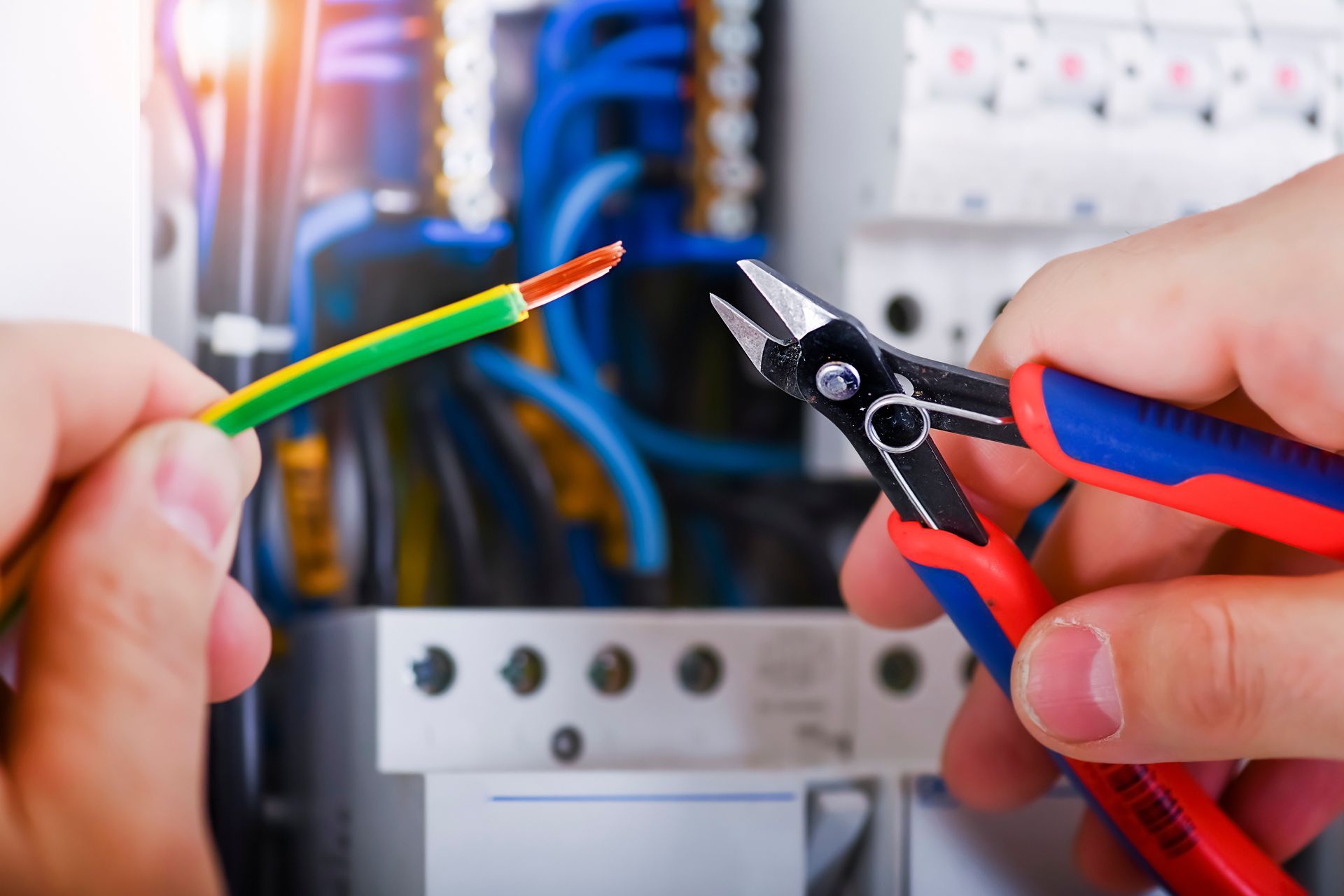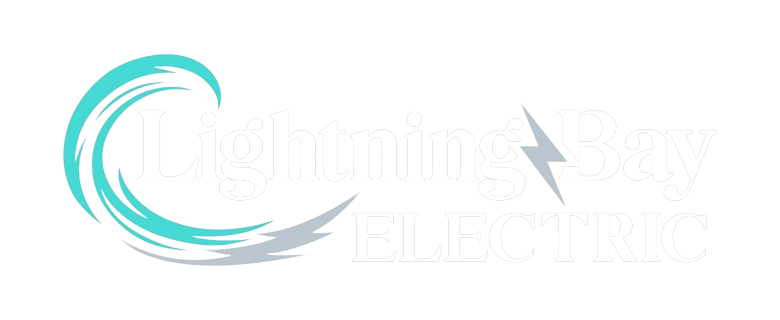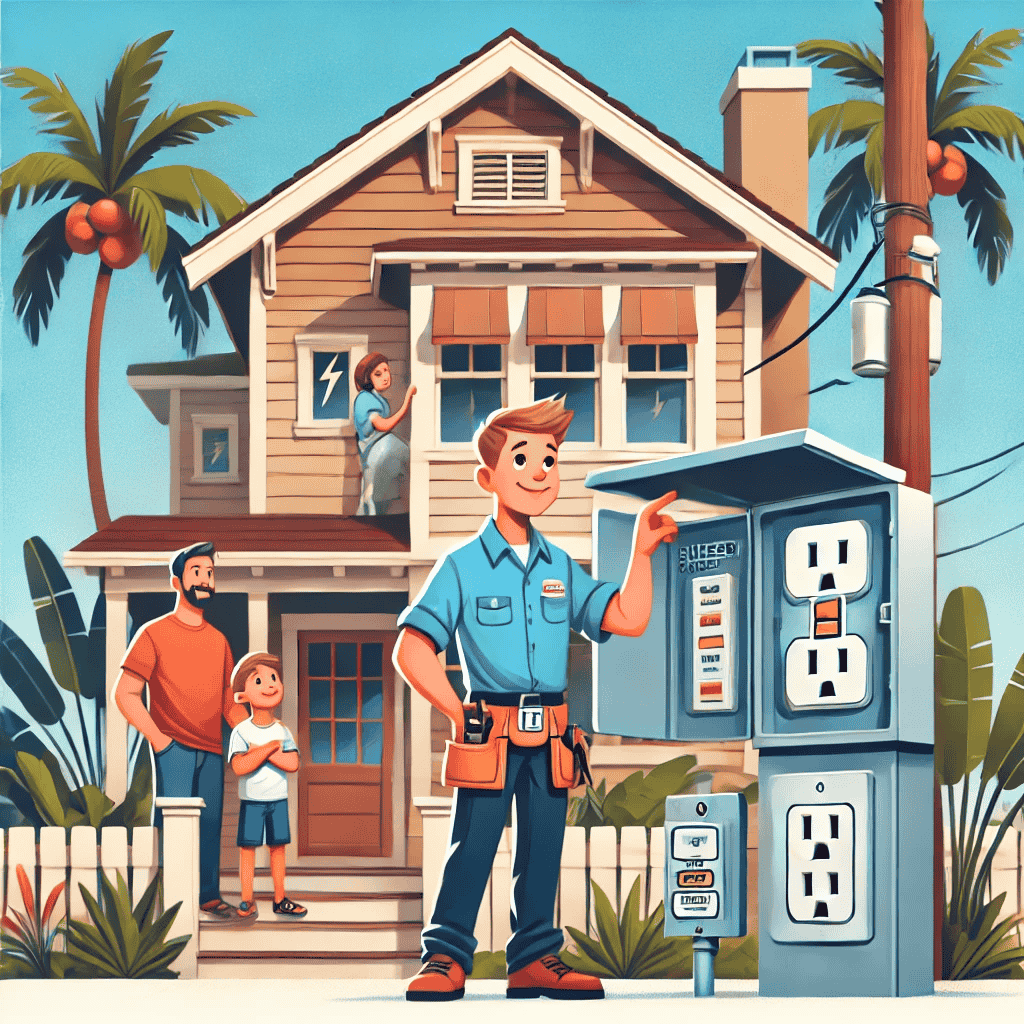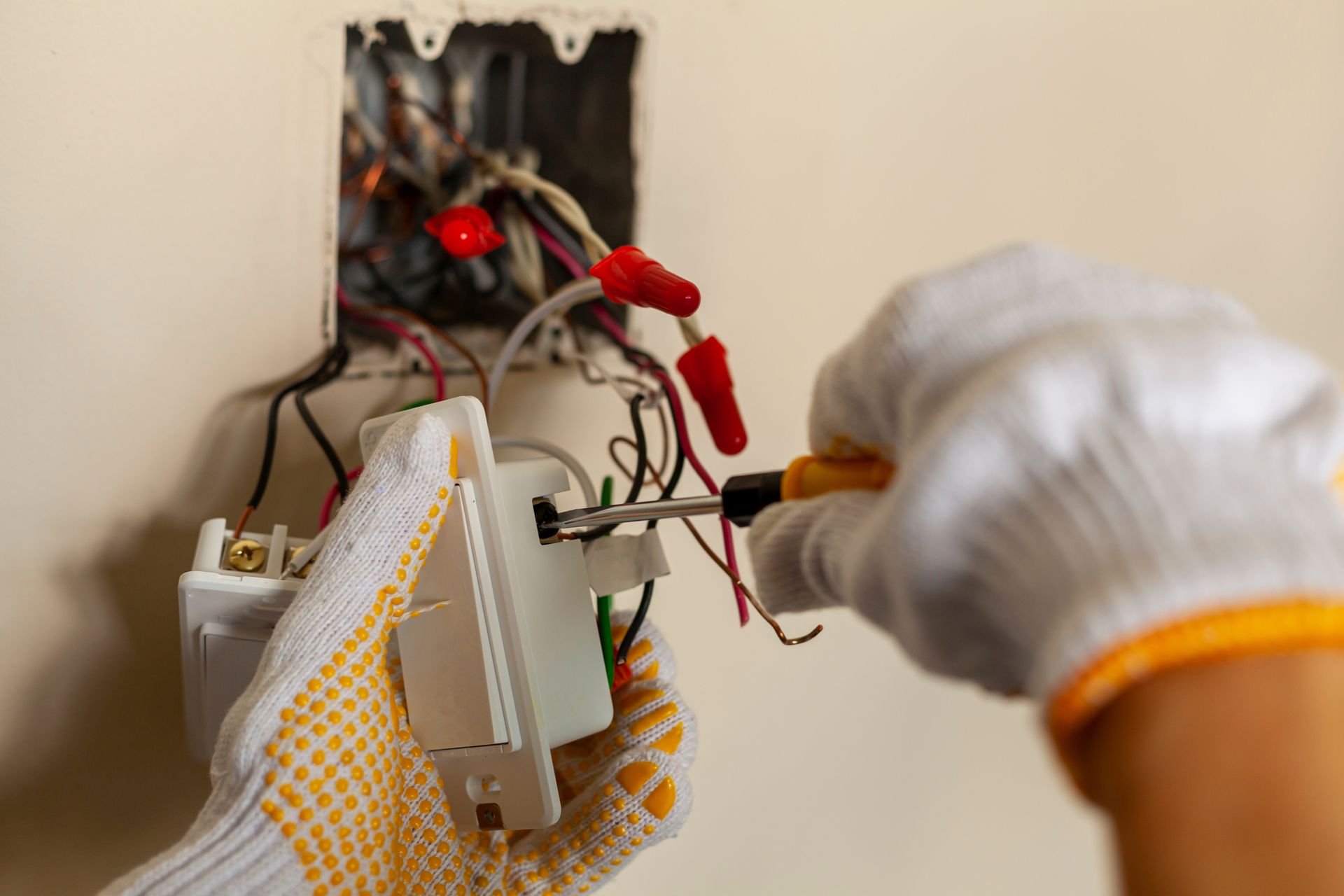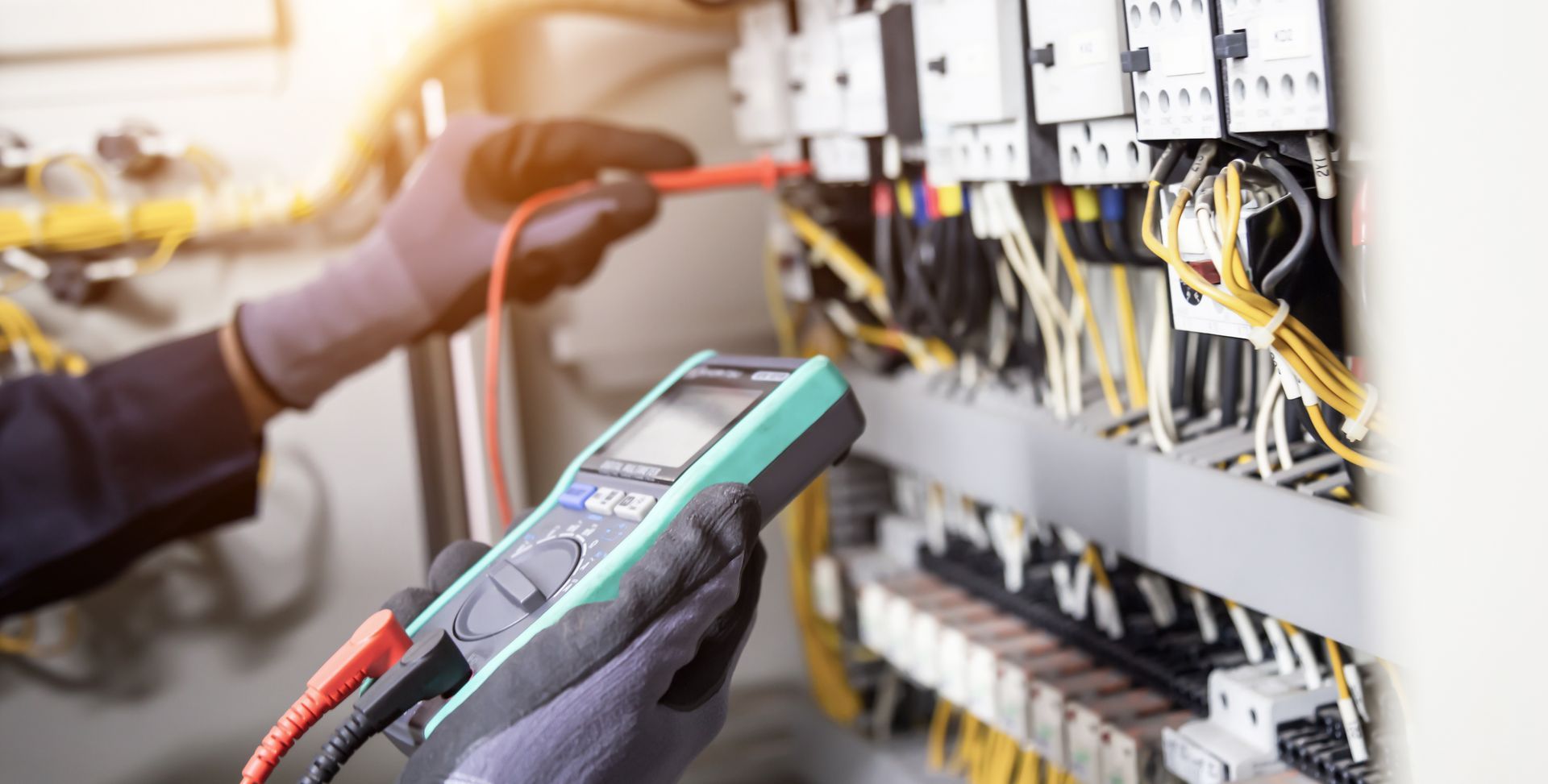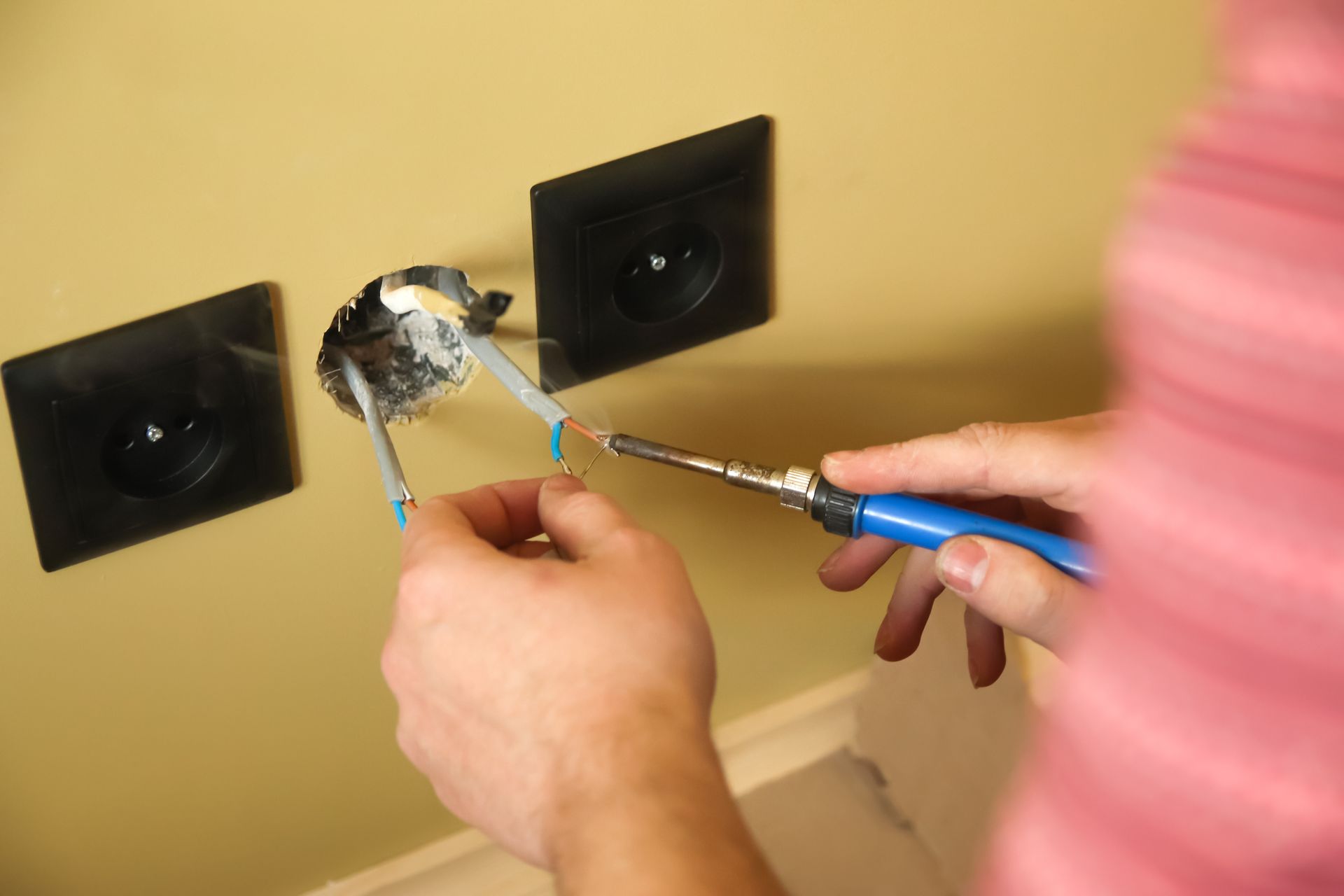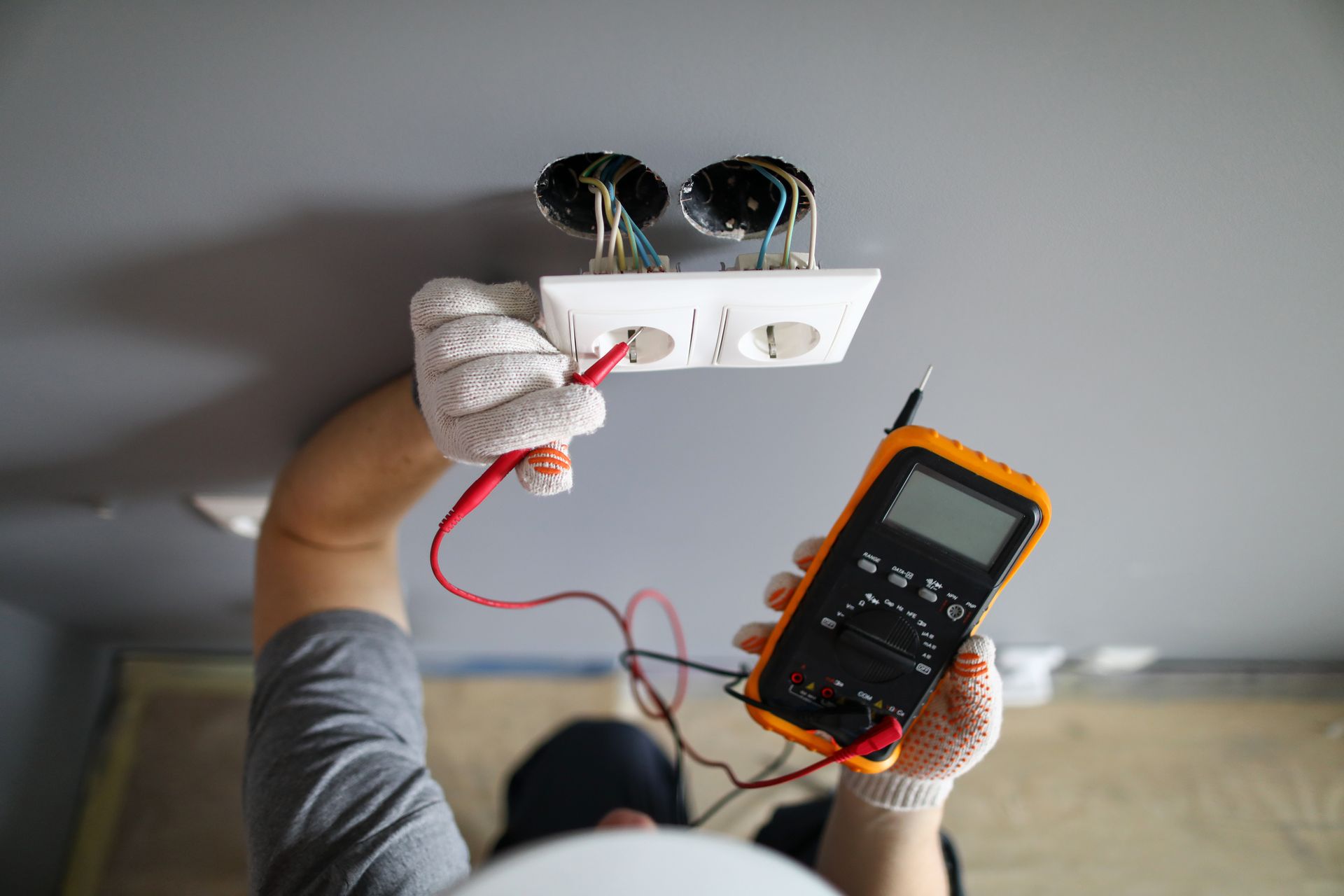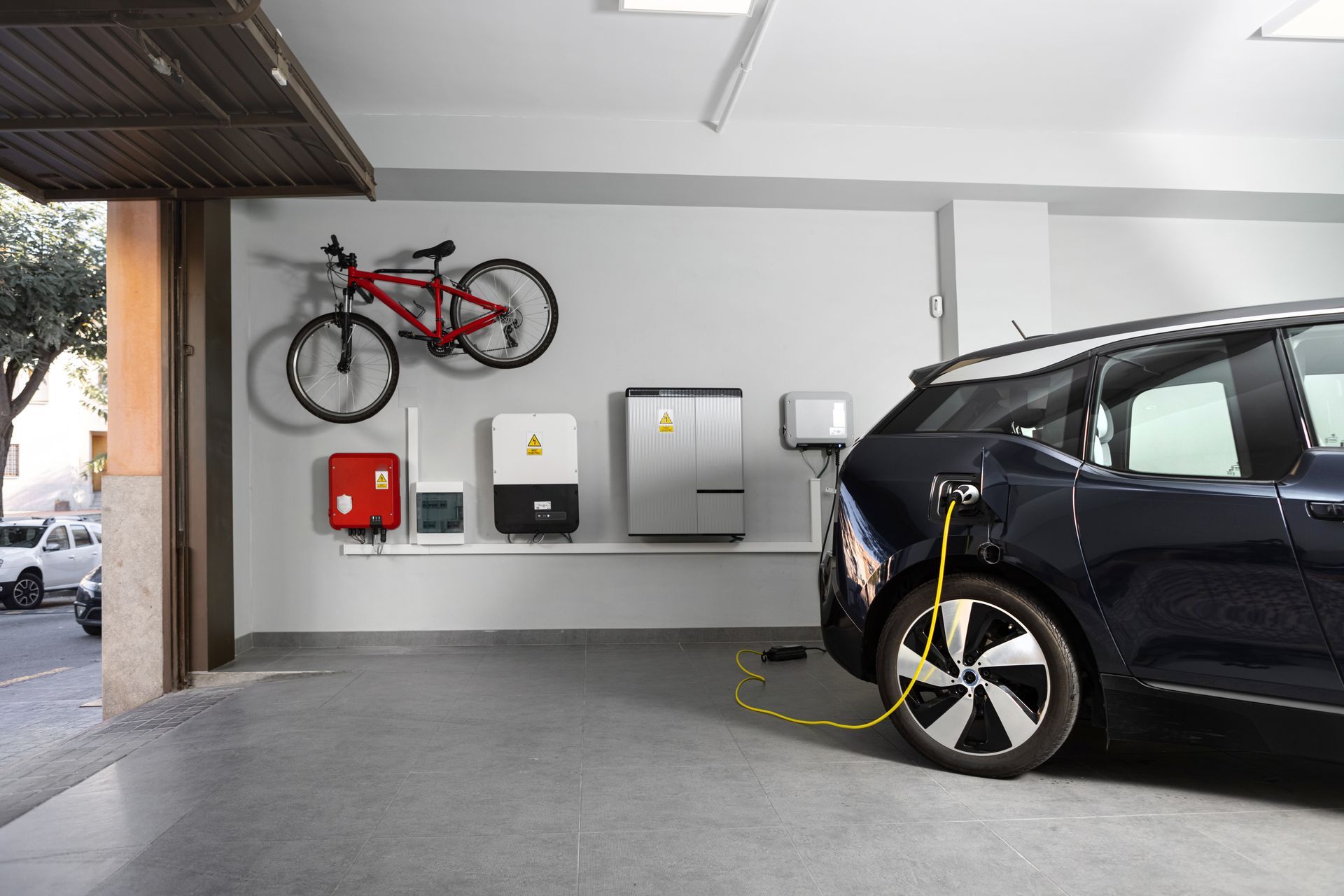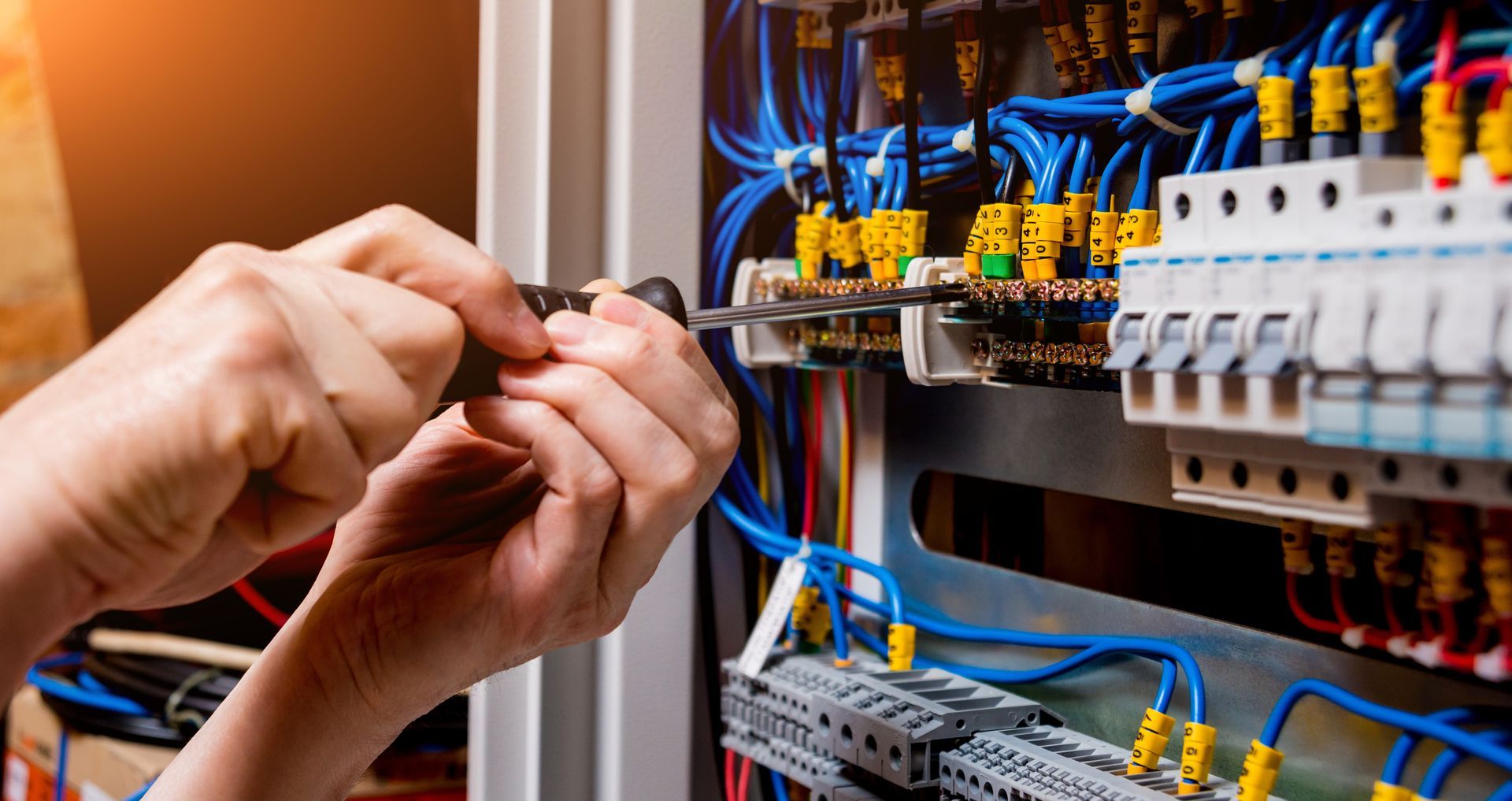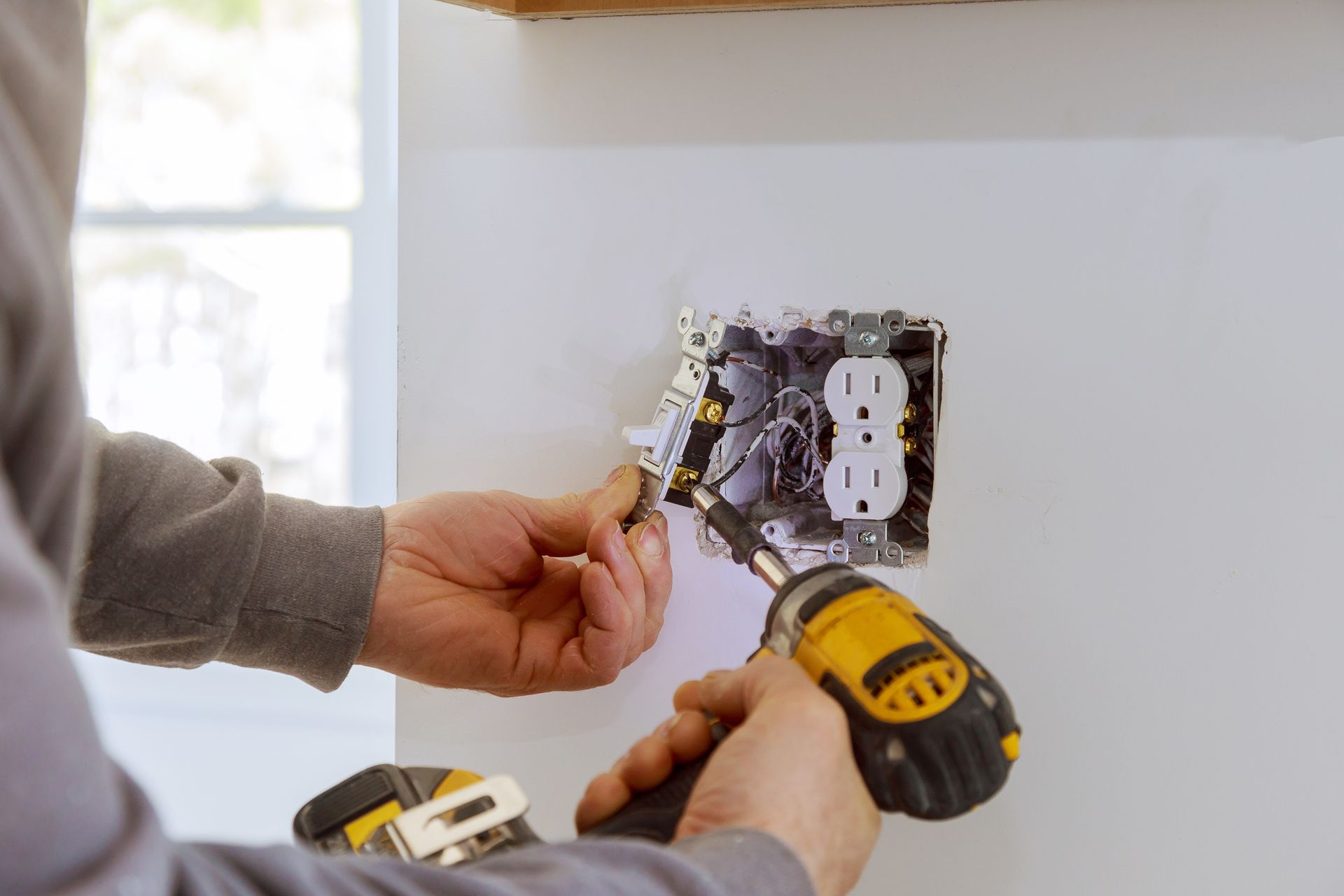How To Install A Home EV Charging Station
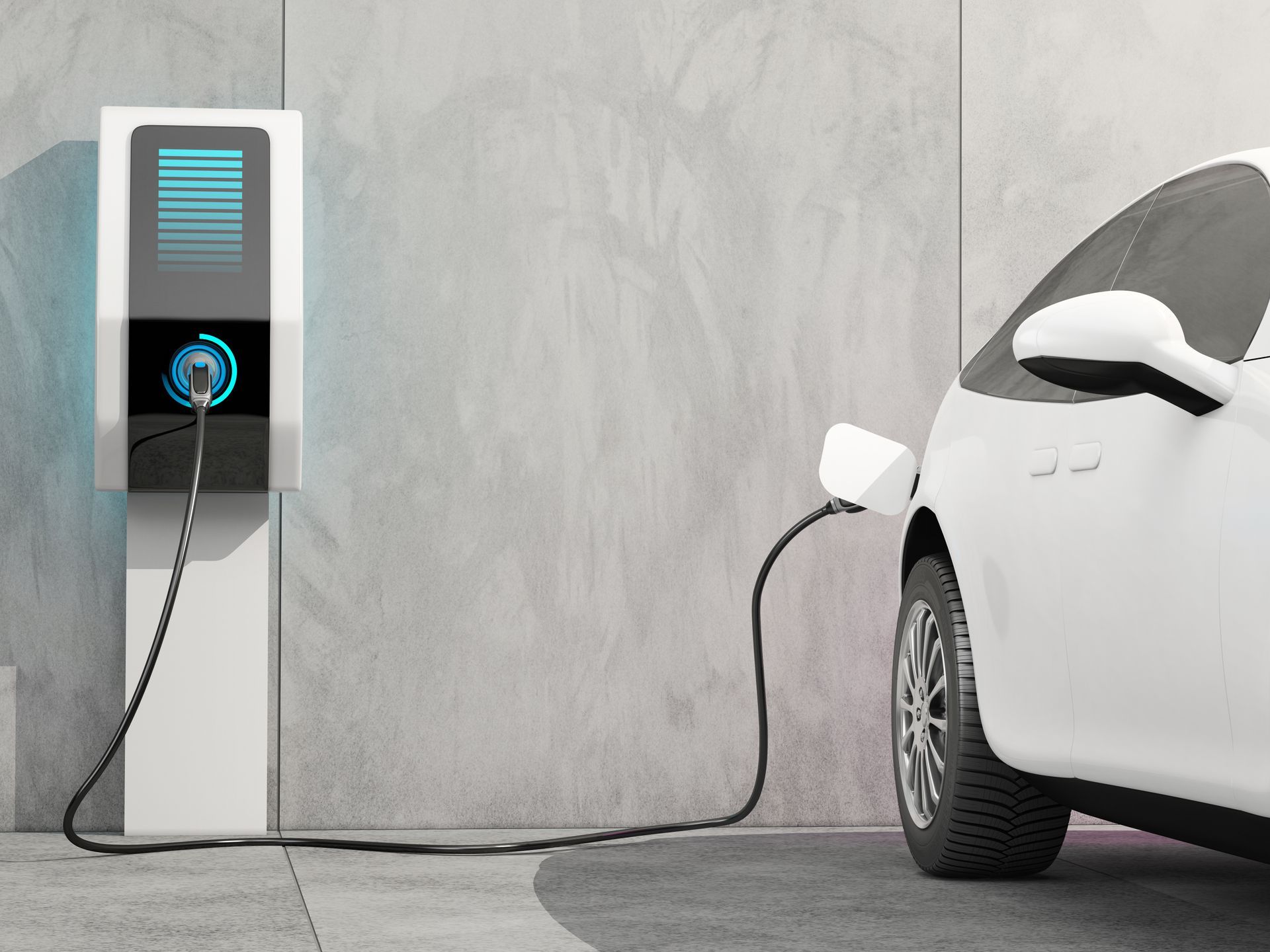
Electric vehicles (EVs) are quickly becoming the go-to choice for eco-conscious drivers and those looking to reduce fuel costs. With the growing number of EV owners, the demand for home EV charging station installation has skyrocketed. If you’re considering making the leap to electric or are already driving an EV, installing a home charging station is essential to getting the most out of your vehicle.
At Lightning Bay Electric, we specialize in installing home EV charging stations, ensuring a safe, efficient, and convenient charging experience for homeowners. In this guide, we’ll walk you through everything you need to know about the process of installing a home EV charging station, from choosing the right equipment to installation steps and costs.
Why Install A Home EV Charging Station?
One of the most significant advantages of having an EV is the ability to charge your vehicle at home. With a dedicated charging station, you can leave behind the hassle of searching for public chargers and waiting in line. Here are some key benefits of home EV charging station installation:
- Convenience: You can charge your EV overnight in your own driveway or garage.
- Faster Charging: Level 2 home chargers are faster and more efficient than standard wall outlets.
- Cost Savings: Charging at home can save money, as electricity is often cheaper than commercial charging stations.
- Eco-Friendly: Home chargers can be powered by renewable energy sources, reducing your carbon footprint.
Types Of EV Charging Stations
Before diving into the installation process, it’s important to understand the different types of EV chargers available. EV charging stations are classified into three levels: Visit Your Partner In Home EV Charging Installation: Lightning Bay for more information.
1. Level 1 Charging
Level 1 chargers use a standard 120-volt household outlet and offer the slowest charging speeds. While convenient for emergency situations, they can take up to 20 hours to fully charge an EV, making them less practical for everyday use.
2. Level 2 Charging
Level 2 chargers use a 240-volt outlet (similar to those used by large appliances like dryers) and are the most common option for home EV charging station installation. They significantly reduce charging times, often taking between 4 and 8 hours to fully charge an EV. These chargers are ideal for overnight charging and daily use.
3. DC Fast Charging (Level 3)
DC fast chargers are typically found at public charging stations and are capable of charging an EV in under an hour. However, they require specialized equipment and higher electrical output, making them impractical and costly for residential installations.
For most homeowners, Level 2 chargers strike the perfect balance between charging speed and practicality.
Steps To Install A Home EV Charging Station
Installing a home EV charging station involves a few critical steps, many of which require the expertise of a licensed electrician. Here’s a breakdown of the installation process:
Evaluate Your Home’s Electrical System
Before installing a charging station, it’s essential to assess your home’s electrical capacity. Most older homes were not designed to handle the additional power demand that an EV charger requires. Here’s what you’ll need to consider:
- Electrical Panel Capacity: Your home’s electrical panel should have enough space and capacity for an additional 240-volt circuit. If not, you may need to upgrade your panel, which can add to the installation costs.
- Amperage: The charger’s amperage rating will determine the speed at which your EV charges. Most Level 2 chargers range from 30 to 50 amps. Ensure your electrical system can handle this load without overloading other circuits.
This evaluation is best left to a professional electrician who can inspect your home’s electrical system and recommend any necessary upgrades.
Select The Right Charging Station
Choosing the right EV charger for your home is crucial for ensuring that you can charge your vehicle efficiently. Here are some factors to consider when selecting a charging station:
- Compatibility: Make sure the charger is compatible with your EV’s charging port. Most Level 2 chargers work with a wide range of EV models, but it’s important to verify this.
- Smart Features: Some chargers come with smart capabilities, allowing you to monitor and control charging via a mobile app. These features can be convenient for scheduling charging during off-peak hours, saving on electricity costs.
- Weatherproofing: If you’re installing the charger outside, ensure it’s weatherproof and durable enough to withstand the elements.
- Cord Length: The length of the charger’s cord should be sufficient to reach your car from the installation point.
Consulting with a professional electrician like Lightning Bay Electric can help you choose the best EV charging station for your needs.
Install A Dedicated Circuit
Once you’ve chosen your EV charger, the next step is to install a dedicated 240-volt circuit in your home’s electrical panel. This is a job that requires a licensed electrician, as it involves handling high-voltage electrical wiring. The electrician will:
- Install a New Breaker: A dedicated breaker will be added to your home’s electrical panel to support the 240-volt circuit for your EV charger.
- Run Wiring: The electrician will run wiring from the electrical panel to the location where you want the EV charger installed (garage, driveway, etc.).
- Install Conduit: If the wiring needs to be run through walls or outdoors, the electrician will install conduit to protect the wires from damage.
Mount The Charging Station
After the wiring is in place, the electrician will mount the charging station in the desired location. Most EV chargers are wall-mounted, but freestanding options are also available for outdoor installations. Make sure the charging station is positioned where it’s easily accessible to your vehicle’s charging port.
Test The Charging Station
Once the installation is complete, the electrician will test the EV charger to ensure it’s working correctly. They’ll verify that the charger is receiving power, the wiring is secure, and the charging process starts as expected. Additionally, they’ll check for any potential issues with the electrical panel or circuit to ensure everything is running smoothly.
Set Up Smart Features (If Applicable)
If your EV charger includes smart features, now is the time to set them up. This typically involves connecting the charger to your home’s Wi-Fi network and downloading the associated mobile app. From there, you can monitor charging sessions, set schedules, and receive notifications when your EV is fully charged.
Cost Of Home EV Charging Station Installation
The cost of home EV charging station installation can vary based on several factors:
- Cost of the Charger: Level 2 chargers typically range from $400 to $1,200, depending on the brand and features.
- Electrical Upgrades: If your home’s electrical system needs to be upgraded (e.g., panel upgrades or additional wiring), this can add $500 to $2,000 to the total cost.
- Installation Labor: The cost of hiring a licensed electrician for installation can range from $300 to $1,000, depending on the complexity of the job and local labor rates.
On average, homeowners can expect to pay between $1,200 and $3,000 for a full installation, including equipment and labor. While this may seem like a significant upfront investment, the long-term savings on fuel and maintenance costs for EVs make it worthwhile.
Why Choose Lightning Bay Electric For Your EV Charging Station Installation?
At Lightning Bay Electric, we pride ourselves on providing safe, efficient, and reliable home EV charging station installations. Our team of licensed electricians has extensive experience working with a variety of EV chargers and can handle everything from electrical panel upgrades to charger selection and installation.
Here’s why we stand out:
- Expertise: We understand the unique needs of EV owners and provide tailored solutions to meet those needs.
- Quality: We only install top-rated EV chargers that are reliable and built to last.
- Safety: Our electricians ensure that your installation is completed to the highest safety standards, so you can charge your EV with peace of mind.
Conclusion
Installing a home EV charging station is an essential upgrade for any EV owner, offering convenience, faster charging times, and long-term savings. By following this guide and working with a licensed electrician like Lightning Bay Electric, you can enjoy all the benefits of having a dedicated EV charger right at home. If you're ready to make the switch to an EV or upgrade your charging setup, contact Lightning Bay Electric today for a consultation on home EV charging station installation.
Ready to work with Lightning Bay Electric?
Let's connect! We’re here to help.
Send us a message and we’ll be in touch.
Or give us a call today at (813) 897-2665
Agency Contact Form
More Marketing Tips, Tricks & Tools
